Finance Minister Jim Flaherty Charges the taxpayer $130 for beauty care products like Maybelline, Covergirl and Smashbox.
In the May 2011 election, Harper won on the premise that he was a good economic manager and the media touted his management as supreme. Apart from that propaganda, the numbers tell a different story. Despite the 2008 recession being caused by external forces, Harper’s mismanagement is as much to blame for the 2008 crisis and the mess that has yet to be cleaned up.
The Conservatives may claim they are good hands on the wheel in terms of the economy but it is no secret that they dug us into a whole. They claim Canada is leading the G8 out of recession but after the UK (77%), Germany (80%), and France (81%), Canada’s debt to GDP ratio is 84%. Below is a glance at Canada’s debt over the years.
They may load our TVs and YouTube channel advertisement areas with promotions for their Economic Action Plan but the unemployment rate went up in December – not down.
Canada can apparently afford:
In light of Harper’s “major transformations” to the pensions of ordinary Canadians, it is time we take a look at MP pensions. MPs are eligible to take home half of their $157,000 per year salaries starting at 55 as pensions and receive benefits as long as they serve for 6 years. This is way more than the pennies any working Canadian will ever see at 65 – now imagine 67. Many more senior MPs get significantly more than that.
Harper announced at the World Economic Forum in Davos Switzerland that his Conservative government would be bringing in “major transformations” to the retirement pension system, immigration, science funding, and the energy sector but left no concrete plans on how these changes would take place. The opposition charged that his retirement changes would financially cripple millions of Canadian seniors.
The NDP have disclosed documents that prove that Tony Clement had a say in how the $50 million G8 “slush fund” was managed. In response to their findings, NDP MP Charlie Angus is calling on Tony Clement to turn himself in to the police. Clement fought back claiming that the NDP were only reusing old facts and changing the notion of recommendation into order.
The documents obtained under the Access to Information Act found a contradiction in Clement’s testimony.
Harper’s omnibus crime bill is set to cost Ontario tax payers over $1 billion in increased police and correctional service costs. With this massive jump in spending toward a crime initiative that has failed in Texas, what are the repercussions on the end users – tax payers.
Canada is slowly and barely recovering from the worst economic downturn since the great depression and with the federal budget maxed out as it is, and about to undergo austerity, Harper has decided to ram his ideology down the throats of provincial finance ministers. As we speak, provincial budgets are in bad shape and their debt to GDP ratios are higher than that of the federal government.
The Harper government has labeled and attacked opponents of the XL Keystone pipeline project on the premise that they received funding from American environmental groups. It turns out that the Harper government has also been getting foreign funding.
Things are starting to look up for the Liberals. For the first time in a long time, a Liberal leader has managed to get a higher approval rating than the Prime Minister. However, rest in mind that there are still enough undecided to sway the curve.
The Department of National Defense is one of the departments slated for cuts as Harper searches for $4 billion in savings. However, as 2,100 employees are packing their stuff and moving out of their offices, renovations have been slotted as new spending. These renovations, at a cost of $379,000 tax payer dollars, can be found in the deputy defense minister’s office.
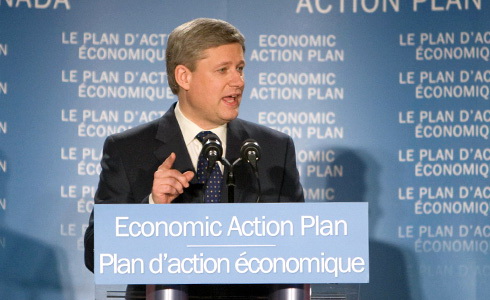
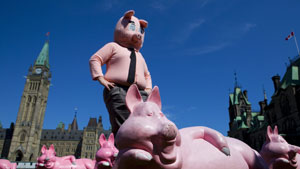
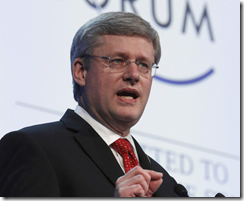
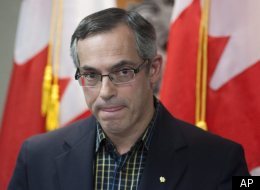

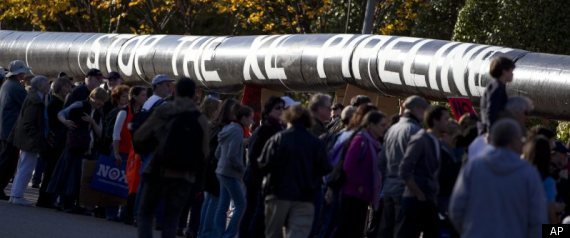


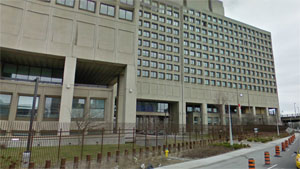
 Share articles about Conservative
Share articles about Conservative